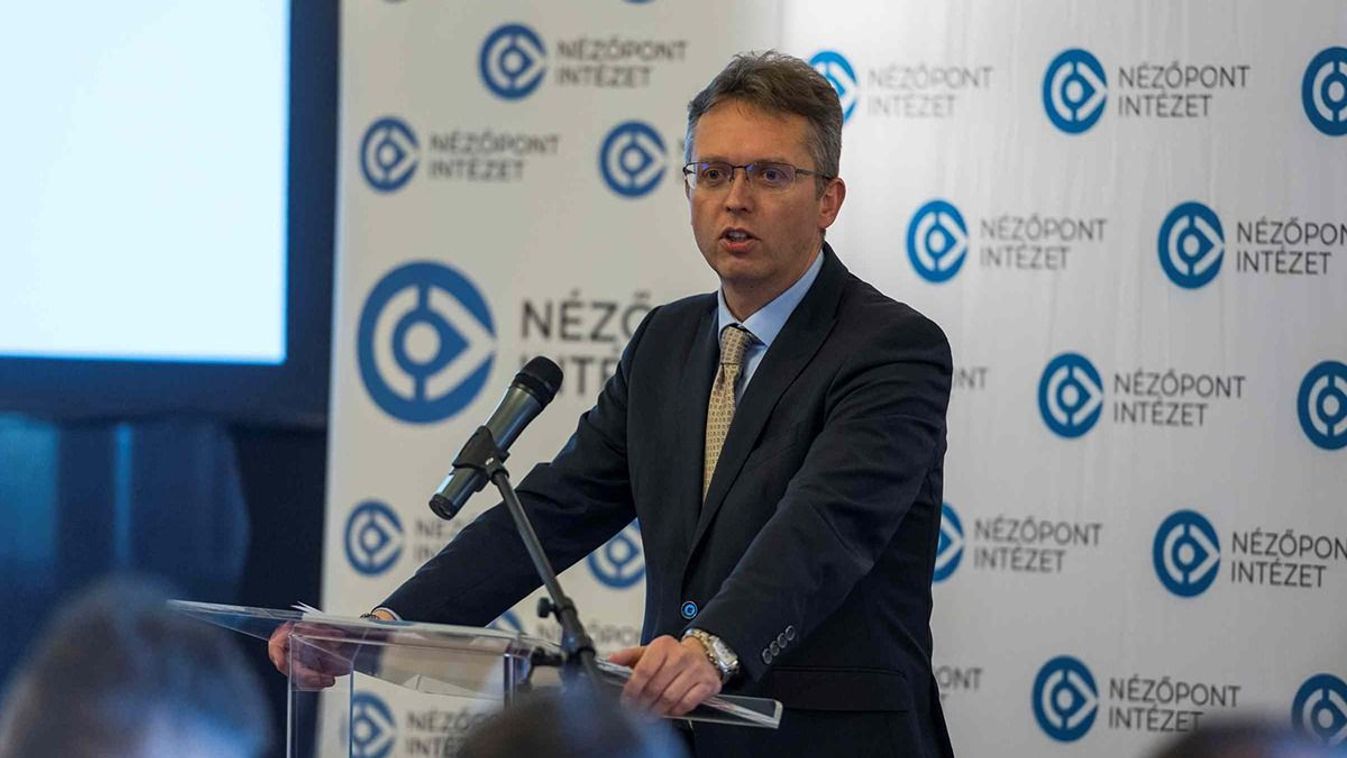késleltetett adatok
Machiavellian Economics
Did German Defense Minister Karl-Theodor zu Guttenberg have to tell the truth about the massive plagiarism that pervaded his doctoral thesis, or could a lie be justified because he was performing an important government job? Was the 2003 United States-led invasion of Saddam Hussein’s Iraq illegitimate because it was predicated on a falsehood about the existence of weapons of mass destruction? Or were conservative US anti-abortionists justified in sending actors with a false story into the offices of Planned Parenthood in order to discredit their opponents?
The economic variant of Machiavellianism is as powerful as the claim that political untruth can be virtuous. Lying or hiding the truth in some circumstances can, it appears, make people better off. Deception might be a source of comfort. We might find ourselves warm and contented in a cocoon of untruth.
One of the most famous examples concerns the Great Depression – an epoch that policymakers frequently drew upon in trying to come to terms with the post-2007 financial crisis. Many countries in the early 1930’s had terrible bank runs, which inflicted immense and immediate damage, decimating employment by bringing down businesses that were fundamentally creditworthy.
There was one exception to the general story of Depression-era bank runs: Italy, where Mussolini’s fascist government controlled the press, including the financial press. Although the major Italian banks were constructed on the same model as the German and Austrian banks whose collapse had ignited the global conflagration, and although the Italian banks were just as insolvent, the press never discussed these unpleasant problems. Financial journalism was soothing. There were no bank panics, and the depression was milder.
Since confidence plays a large part in financial crises, Mussolini’s example immediately took hold. States could apparently almost magically create security and trust simply by imposing it. Adolf Hitler liked to say that the ultimate cause of the Reichsmark’s stability was the concentration camp.
Deception is instantly appealing to many individual businesses. Would it not be desirable just to hide losses until uncertainty passed and confidence returned? In that case, new profits could quickly be used to plug the gaps, and no one would ever know about an apparently successful deception.
Massaging the truth is eternally appealing to modern governments as well. They anticipate revenue in order to appear creditworthy. They reclassify foreign borrowing as domestic debt in order to look better in the International Monetary Fund’s statistics.
For individual businesses, financial misrepresentation is illegal. Most people can easily see why. The legal enforcement of honesty in keeping and reporting financial records is an indispensable feature of a well-functioning market economy. Without some degree of certainty that financial statements are meaningful, there would be a complete loss of confidence.
But government dishonesty is not that different. Deceptions, when they are revealed and the untruths unravel, are deeply disturbing. Indeed, misrepresentation by governments – driven by the belief that political ingenuity can stabilize expectations – is actually at the root of many financial crises.
In 1994, Mexico shook the global economy when the extent of its domestic (but dollar-denominated) debt in the so-called tessobonos became apparent. The Greek government’s misstatement of its fiscal position, coupled with the realization that the European Commission had overlooked or tolerated the Greeks’ accounting legerdemain, triggered the euro crisis in 2010. The revelation of deception makes it impossible to believe that governments are really enforcing rules adequately and fairly.
But misrepresentation is not just at the heart of financial and economic crises; it is also the stuff that drives revolutions. The immediate cause of the protests against President Zine al-Abidine Ben Ali in Tunisia was WikiLeaks’ revelations of US diplomatic cables detailing the regime’s corruption. The domino effect from the Tunisian revolution has produced further vivid accounts of corruption and deception, from Egypt and Libya to the Gulf, in each case stoking even greater anger and making more regimes vulnerable.
There is a powerful pragmatic argument against Machiavellianism, as well as a principled one. Given modern communications, a cover-up of the kind engineered by Mussolini in 1931 would most likely be unsustainable today. Moreover, any attempt to misrepresent requires further and more complex misrepresentations, which have serious consequences as subsequent decisions come to be based on erroneous assumptions.
To revert to the example of Depression-era Italy: the state holding-company edifice created to save the banks and maintain confidence proved to be an increasingly bureaucratic and costly burden on the Italian economy. A nearly indestructible behemoth outlasted Mussolini’s regime and survived for 50 years.
Markets work by a process of continuous discovery of information. Choking off the flow of information leads to distortion, not confidence. And, as we are now witnessing in the Middle East, the same is true of political systems. Still, no economic crisis or political revolution is likely to change governments’ inherent proclivity to think that they can know better.

Portfóliónk minőségi tartalmat jelent minden olvasó számára. Egyedülálló elérést, országos lefedettséget és változatos megjelenési lehetőséget biztosít. Folyamatosan keressük az új irányokat és fejlődési lehetőségeket. Ez jövőnk záloga.






















